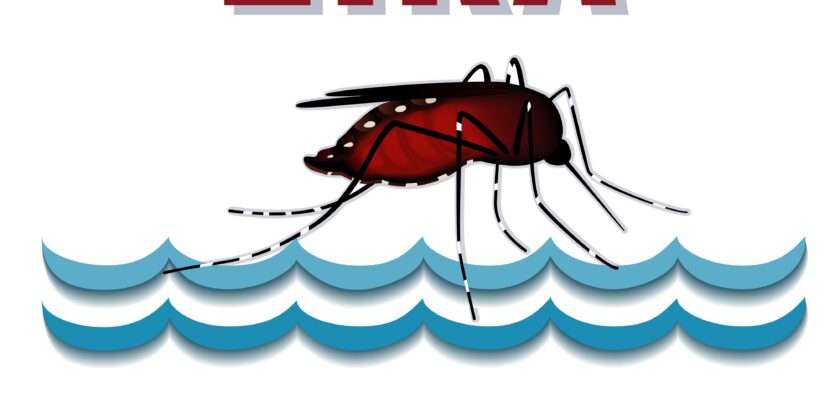Ebola and now, Zika virus? It seems every year there’s an outbreak of some terrible viral disease. The good news is that no locally transmitted Zika virus cases have been reported in the continental United States1, but cases have been reported in returning travelers. There are many countries and territories with active Zika virus transmissions2 including Brazil, American Samoa and Cape Verde (Africa).
Jay Harold has reviewed information from the Centers for Disease Control and Prevention (CDC) on the Zika virus. Saving you time and providing the concise news you need about Zika virus is Jay Harold’s goal. Ebola virus information is supplied by another Jay Harold post,”3 Reasons to Worry About the Flu: Not Ebola“!
Fast Facts about Zika Virus!
Mark Twain said “Be careful about reading health books. You may die of a misprint.” Trust reliable sources such as the CDC and use common sense! Please don’t travel to countries where Zika virus or other viruses spread by mosquitoes are found! Here’s some information that you need to know about the Zika virus:
- Zika virus is transmitted to people primarily through the bite of an infected Aedes species mosquito.
- These mosquitoes typically lay eggs in and near standing water in things like buckets, bowls, animal dishes, flower pots, and vases.
- These are the same mosquitoes that spread dengue and chikungunya viruses.
- No vaccine exists to prevent Zika virus disease.
- Prevent Zika virus by avoiding mosquito bites.
- Mosquitoes that spread Zika virus bite mostly during the daytime.
- A mother already infected with Zika virus near the time of delivery can pass on the virus to her newborn around the date of birth, but this is rare3.
- The spread of the virus through blood transfusion and sexual contact have been reported4.
Symptoms and Treatment
CDC states that about 1 in 5 people infected with Zika virus become ill with the disease5.The most prevalent Zika virus symptoms include fever, rash, joint pain, or conjunctivitis (red eyes). The illness is usually mild with symptoms lasting for several days to a week, and death is rare6.
Several companies are currently working on a vaccine to treat the Zika virus7. Treatment of Zika virus is drinking plenty of fluids and getting rest. Take acetaminophen to relieve fever and pain caused by the Zika virus. Acetaminophen is not a non-steroidal anti-inflammatory drug8 (NSAIDs). Medications like ibuprofen, naproxen and aspirin are NSAIDs and should be avoided until dengue virus can be ruled out to reduce the risk of hemorrhage (bleeding).
Use an Environmental Protection Agency (EPA)-registered insect repellent with approved active ingredients9. The insect repellents will reduce the chances of you being bitten by the mosquitos. Benjamin Franklin said, “An ounce of prevention is worth a pound of cure.”
The Zika virus is a serious public health issue. Stay current with the latest news about Zika virus with updates from the CDC10.
Take a car ride through recent Civil Rights History with the free “Slow Roll Through Civil Rights” on the Jay Harold website. Enjoyed this post? Share it and read more here.
Bibliography
- http://www.cdc.gov/zika/geo/index.html
- http://www.cdc.gov/zika/geo/index.html
- http://www.cdc.gov/zika/transmission/index.html
- http://www.cdc.gov/zika/transmission/index.html
- http://www.cdc.gov/zika/symptoms/index.html
- http://www.cdc.gov/zika/symptoms/index.html
- http://fortune.com/2016/01/28/zika-virus-vaccine/
- http://www.rheumatology.org/I-Am-A/Patient-Caregiver/Treatments/NSAIDs
- http://www.cdc.gov/chikungunya/pdfs/fs_mosquito_bite_prevention_us.pdf
- http://www.cdc.gov/zika/





